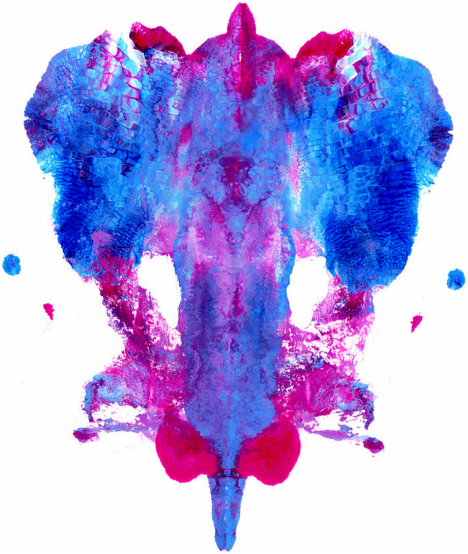Cards In This Set
| Front | Back |
|
Types of Assessment:
|
|
|
Projective tests
|
|
 Rorschach Inkblot Test (Figure 2.13 Type of Stimulus Used in the Rorschach Inkblot Test) |
|
|
Thematic Apperception Test (TAT)
|
§ projective test designed to elicit stories that reveal something about individual’s personality
– TAT used in clinical practice and in research on need for achievement
|
|
Self-report tests (objective tests or inventories)
|
§ assess personality traits by asking questions about preferences and behaviors (ask people whether an item describes them or not)
– Self-report tests may elicit deceptive responses when people try to answer in a socially desirable way
|
|
Self-Report Tests Types
|
§ Minnesota Multiphasic Personality Inventory (MMPI) is the most widely used self-report personality test
-originally constructed in the 1940's to asses abnormal personality tendencies and to improve the diagnosis of individuals with mental d/o's.
§ Neuroticism Extraversion Openness Personality Inventory (NEO-PI-R) and Hogan Personality Inventory (HPI) are two popular self-report tests that assess the big five factors
|
|
Behavioral and Cognitive Assessment
|
§ Most personality assessments were designed to measure stable, enduring aspects of personality
§ Behavioral assessment consists of direct observations of behavior and its environmental ties
§ Cognitive assessment seeks information about an individual’s cognitive processes through interviews and questionnaires
|
|
Review - Learning Goal 6
|
– Why and how do people assess personality?
– What are projective tests?
– What are self-report tests?
– How do behavioral and cognitive assessments differ from projective and self-report tests?
|
|
Empirically keyed test (a type of self-report test)
|
Due to individuals saying responses an interviewer might want to hear, this test relies on its items to predict some criterion. They make no assumption about the nature of the items.
|



